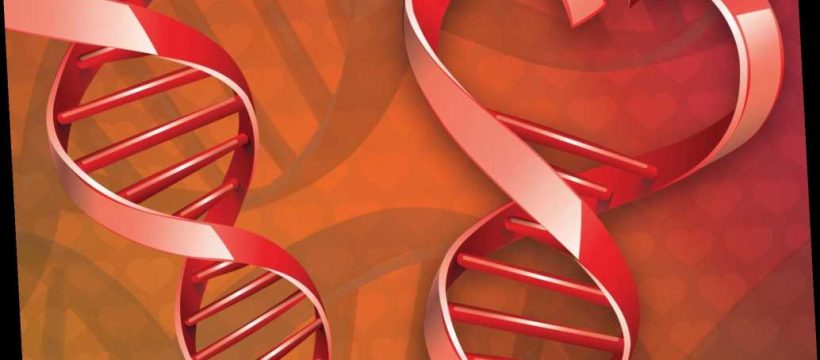More On:
marriage
Bridesmates: Female best friends swear by ‘platonic marriage’
Here’s why you should buy a house instead of wasting cash on a wedding
Hubby takes my sexy OnlyFans pics — here’s how it’s impacted our marriage
Pastor slammed for telling wives to ‘lose weight,’ look less ‘butch’
There’s a new scientific twist on marital bliss.
A variation in DNA could determine a person’s ability to experience high levels of gratitude, trust and satisfaction during the first few years of a marriage, a recent study suggests.
“After the wedding, most people hope to remain satisfied in their marriage forever,” the study’s lead author and University of Arkansas psychology professor Anastasia Makhanova told The Post.
“But maintaining a high level of satisfaction in a relationship for an extended amount of time is difficult.”
A decrease in marital satisfaction over time is common in most relationships, veteran couple’s therapist Rachel Sussman told The Post.
Financial issues, changes to the family dynamic and even stresses stemming from the current pandemic can all contribute to lower marital satisfaction, according to Sussman.
However, as Makhanova’s study found: “Some people might have a genetic predisposition to intuitively feel more grateful for their partner, be more trusting of their partner and enjoy more long-term satisfaction in their marriage than others.”
Her research team analyzed 142 newlyweds, or 71 couples, during the first three years of marriage.
They found that individuals with a “CC variation” to the CD38 gene — which has been linked to positive behaviors and perceptions in romantic relationships — enjoyed higher levels of marital satisfaction than men and women with an “AC” or “AA” variation of the gene.
In this study, the “A” and the “C” represented the different alleles that determined the variant forms of the CD38 gene.
At the start of the study, researchers collected DNA samples from each newlywed within three months of their wedding day.
The couples also completed in-depth questionnaires that assessed their thoughts on relationship satisfaction with their new husband or wife.
Participants then agreed to complete a series of extensive surveys every four months for the next three years.
“After three years, everyone reported being less happy in their marriage than they were right after their weddings,” Makhanova said.
“But even over time, the people with the CC genotype reported higher levels of gratitude, trust, forgiveness and overall marriage satisfaction than others with the AC or AA genotypes.”
According to the study, newlyweds with the CC variation reported greater relationship satisfaction than others because they felt more trusting of their partner.
“Gratitude creates an environment of appreciation in a marriage, and appreciation creates trust,” relationship expert Susan Winter told The Post. “It’s the master formula for marital satisfaction.”
While there’s no way to identify the CC variant of the CD38 gene outside of testing a person’s DNA in a lab, Winter suggests observing a potential partner’s willingness to express gratitude, trust and forgiveness with others to determine if they’ll be able to do the same in marriage.
And although Makhanova’s study links the CC variant with marital satisfaction, she notes that of course, people with the AC or AA variations can still enjoy successful and healthy relationships.
“There’s no reason to think that someone with an AC or AA genotype is doomed to have an unsuccessful marriage,” Makhanova said.
“Those people just might have to work a little more consciously to show their partner gratitude, forgiveness and trust in order to achieve and sustain marital satisfaction.”
Share this article:
Source: Read Full Article

